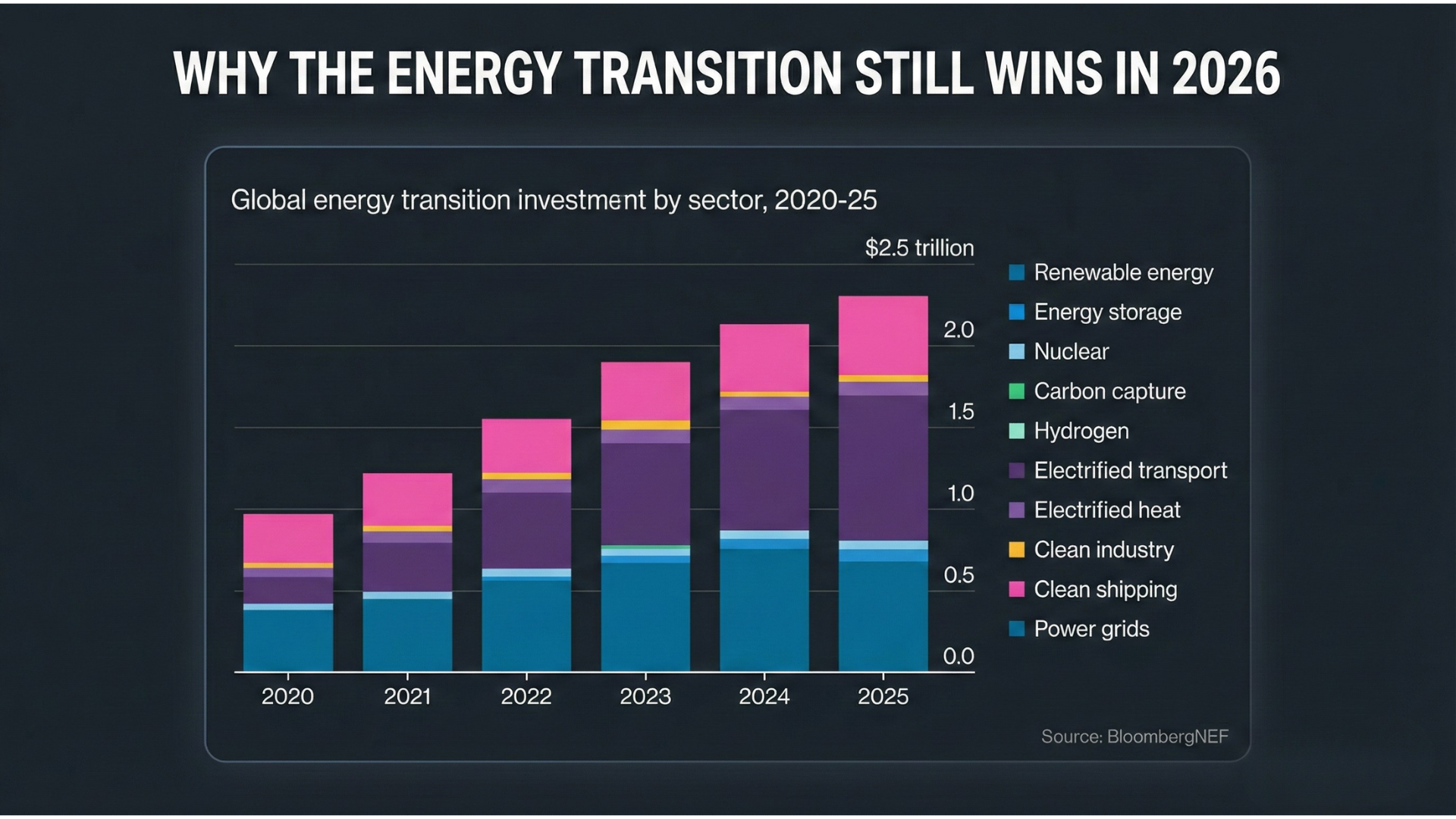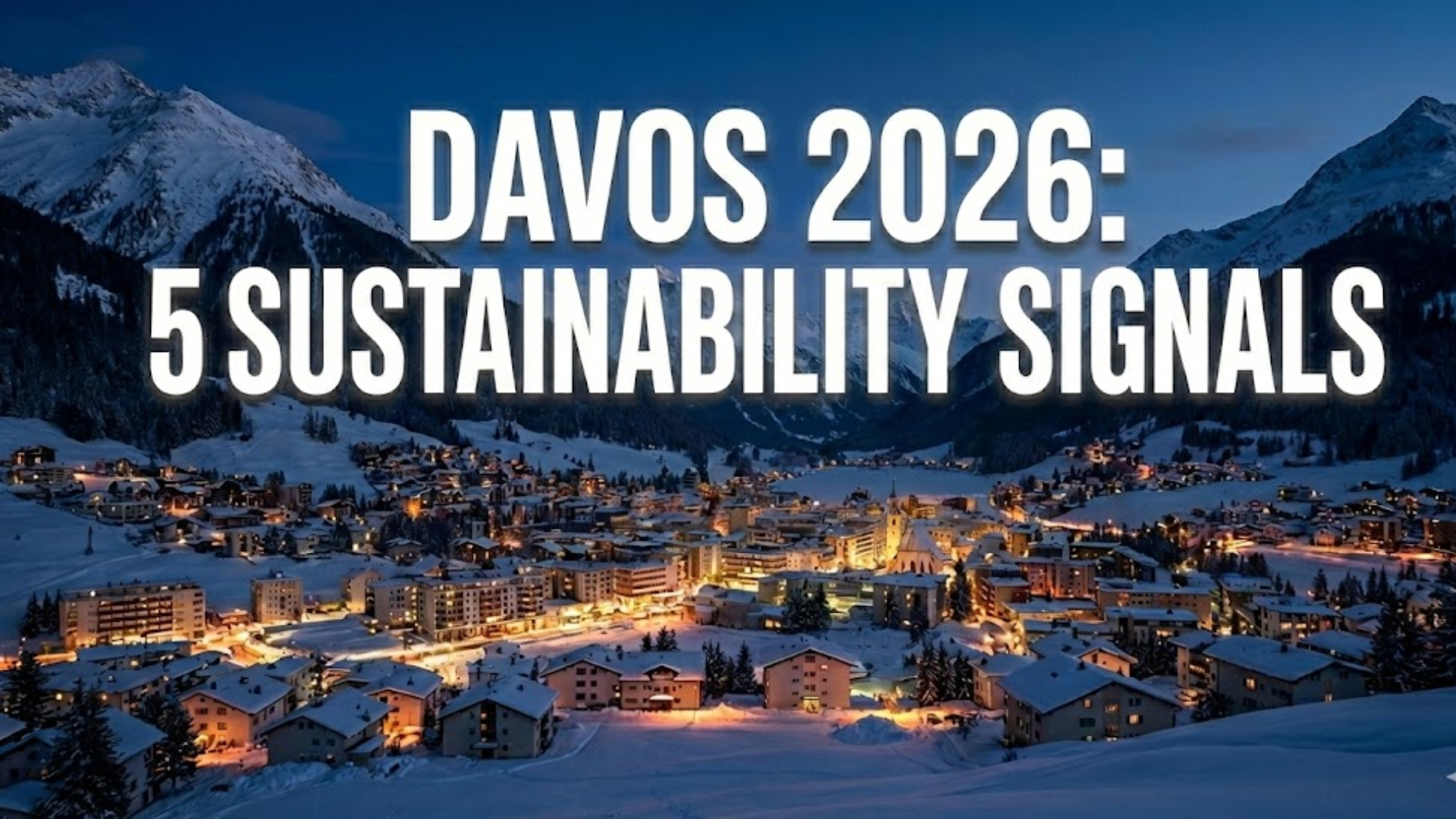

Nature gets a boost, joining ISSB and SBTi’s Net Zero Standard gets a second draft
COP30 kicks off with protests and fiery words from Lula and Gavin Newsom
China sets emission targets and sells more cleantech to emerging economies
Europe set to further weaken and delay its sustainability rules
The ‘corporate ju jitsu’ of the sustainability professional
One thing we regularly cover in this newsletter is the ebb and flow of sustainability standards. In recent years, there has been a positive trend toward merging and interoperability of standards. The global UN climate conferences (Conference of the Parties - COPs) are typically the events where standard-setting bodies release any significant updates and announcements. This year’s COP30, currently underway in Belem, Brazil, is no different.
In what has otherwise been a muted affair, with attendance low and pessimism high, three announcements on standards have been among the biggest news stories to come out of the event so far.
Founded in 2023, the TNFD released its Final Recommendations in May and its first progress report in September, which revealed that more than 600 companies already use the framework. Off the back of this success, the ISSB announced that it will release its version of a nature-related standard based on the TNFD’s Final Recommendations. In turn, TNFD announced that it would now stop its technical standard-making work.
The TNFD follows the path of the Taskforce on Climate-related Financial Disclosures (TCFD), which was taken over by the ISSB in 2023. ISSB Chair Emmanuel Faber said “reducing fragmentation and building on leading practice” is driving these consolidations. The TNFD will complete the technical work they currently started and cease when the ISSB finalizes either a standalone nature standard or integrates TNFD’s recommendations into their existing standards, expected in 2027.
Nature and Circularity Measurement Protocols
Last week, the World Business Council for Sustainable Development (WBCSD) released a new protocol for measuring circularity and announced its intention to release one for nature.
The Global Circularity Protocol for Business (GCP) is the first version of a standard to frame, prepare, measure, manage, and communicate progress toward a circular economy.
The Nature Measurement Protocol will be created in conjunction with the TNFD and other groups. It will enable a single shared language for scalable, interoperable measurement of key nature-related metrics.
A New Draft Net Zero Standards From the SBTi
Back in March, the Science Based Targets initiative (SBTi) released a draft of its new Corporate Net Zero Standard. Following a comment period, the group has now released a second draft.
The primary changes are summarized here. They focus on adding flexibility - for example, there are now three pathways to net zero for direct emissions (Scope 1). Energy targets (Scope 2) require more stringent use of market-based instruments, such as renewable energy credits. For value chain emissions (Scope 3), lower-impact activities and areas where influence is limited can be excluded.
The comment period for this new draft will close on December 8, 2025, and the new standard will be finalized in the new year.
These three announcements are part of a global effort over the last few years to do what one ISO-hosted COP30 event described very well: “To bring greater coherence across global frameworks and standards, and build credibility in progressing climate action.”
👉 Prefer to get Sustainability Simplified straight into your inbox instead of LinkedIn? Sign up to our email list here.
2. COP30 Week 1

COP30 kicked off with a fiery speech from Brazilian President Lula, who took thinly veiled shots at the Trump administration’s climate misinformation, saying "COP30 will be the COP of truth, in an era of fake news and misrepresentation.” Then, protests from indigenous and youth groups demanding action to save the Amazon stalled negotiations on day 2.
This year’s COP is important for many reasons. It’s the 10th anniversary of the Paris Agreement, which has transformed the world in many ways but has yet to achieve its goal of limiting warming to 1.5 degrees. This meeting is also the deadline for Paris Agreement signatories to issue their second batch of Nationally Determined Contributions (each country’s commitment to reduce emissions). As always during these annual confabs, we recognize that the impacts of climate change are increasingly apparent, driving the urgency to act.
Notably, the United States (the largest economy and second-largest polluter) is not attending this year’s meeting. Since the second Trump Administration pulled the US out of the Paris Agreement, the US has not only withdrawn from international climate negotiations, they have also been working to roll back international climate progress, including scuppering a global maritime climate deal and leveraging trade to weaken other nations' climate rules.
California Governor Gavin Newsom sought to fill the gap left by the Trump Administration. Appearing on a number of platforms, Newsom (a likely 2028 Presidential candidate) has made it his personal mission to counter the anti-climate agenda of the Trump administration. Calling the federal government's withdrawal from the Paris agreement an “abomination” and adding that “If there’s one message I want to deliver to all of you, it is that California distinguishes itself from the current occupant in the White House in Washington, D.C.”
Also notably absent is the business community. While the US position likely kept some corporate executives at home, the inaccessibility of this year's event is also playing a role. Taking a more positive viewpoint in the absence of corporate leaders, Hitachi’s sustainability lead, Alicia Argüello, said, “corporate climate goals had already been largely set. It's time for implementation.”
3. Changing Green Power Dynamics

The US and EU retreat from sustainability accentuates the global shift in green power dynamics at COP30. China has emerged in a leadership role - developing and selling cleantech around the world. Emerging economies from Nepal to Ethiopia are leapfrogging over polluting technologies to embrace Chinese-made renewable power, electric vehicles, and batteries - at a fraction of the cost.
China’s sudden dominance on the global climate stage cannot be understated. In addition to providing the world with cheap green technologies, they released their first nationally determined contribution (emissions goal), reducing emissions by 7-10% below peak levels by 2035. And a report released ahead of COP30 revealed that China’s emissions have been flat or falling for the last 18 months.
4. EU Simplification Round-Up

Simultaneous to the COP30 negotiations, the EU continued to weaken and delay its environmental laws.
Omnibus: After lengthy political horse trading, the majority European People’s Party sided with the far-right to reduce the scope and weaken the requirements of the Corporate Sustainability Reporting Directive (CSRD) and Corporate Sustainability Due Diligence Directive (CSDDD). This is a rapidly evolving story, but as of press time, the EU Parliament is poised to gut the CSDDD by narrowing its scope (only companies with more than 5,000 employees), reducing the requirement for climate transition plans, and eliminating all civil liability. The CSRD fared a little better - the Parliament proposed that it would cover companies with more than 1,750 employees. Next up is the trilogue—the European Parliament, the Council of the EU, and the European Commission—will negotiate and reach a common agreement on a legislative proposal.
EU Deforestation Rule (EUDR): The EUDR was delayed for a year last December. In August, the EU decided the delay would only apply to smaller companies, and larger companies would have a 6-month grace period. Now, after pushback from the Commission, the 1-year delay for all companies looks like it will go ahead, giving covered companies until December 2026 to comply.
Sustainable Finance Disclosure Regulation (SFDR): The SFDR, which requires all EU financial market participants to disclose the sustainability of their investments, has been under review since 2023. Now, a leak has revealed the changes likely to occur under the rule, which has been in effect since 2021. The new rules will change the definition of a sustainable investment and end Principal Adverse Impact (PAI) reporting, which documents the adverse sustainability impacts of each investment. In addition, Articles 8 (funds that promote sustainability) and 9 (funds that have sustainability as their objective) will now be less stringent. A new policy, Article 7, sets the framework for funds that meet a measurable sustainability transition objective.
5. The Role of Sustainability Practitioners
Sustainability workers often have to be chameleons - adapting to the mood of the moment while continuing to steer toward a more sustainable outcome. I wrote about this in my book (Changing Business From the Inside Out), calling it ”corporate Ju Jitsu.” This tension was perfectly captured in the video above.
This year, Chief Sustainability Officers (CSOs) and other sustainability practitioners have never been more challenged. They are constantly questioned about business value and have been forced to mute their public-facing communications.
SAP’s CSO, Sophia Mendelsohn, in this FT article sees the current landscape as an opportunity - adding: “It’s the opportunity we’ve been building for over a decade — to show there is a business case for sustainability.” The article also goes on to show how the CSO role is being rolled into other C-suite purviews and is increasingly becoming a legal position. All signs that corporate sustainability is evolving…again.
After more than 40 years in the field, I have witnessed this cycle many times. While it can feel like a roller coaster, I have found solace in smoothing out the highs and lows by staying focused on applying my skills to contributing to the greater good in any way possible.
The views expressed on this website/weblog are mine alone and do not necessarily reflect the views of my employer.
Other Notable News:
California Climate Rules
One of the two lawsuits currently against the California Climate Rules, SB 253 (emissions reporting) and SB 261 (climate risk reporting), has submitted an emergency application to the U.S. Supreme Court to block enforcement. With companies beginning compliance in just over a month now (Jan 1st), the plaintiffs are getting desperate to stop the rules.
COP30
Sustainability Assurance
Trump 2.0
Sustainability reporting
Notable Podcasts:
In this week’s episode of Pitching Progress from my BCG colleague Vinay Shandal, he asks if, after years of record investment, have renewables lost their lustre? His guest, TerraForm Power CEO Mark Noyes, believes not. His view is that despite the loss of tax credits and political pushback, renewables will play a significant role in expanding US power demand.
In this week’s Outrage and Optimism live for COP30, the hosts talk about all of the goings on from the first couple of days. They discuss the indigenous protests and the importance of indigenous representation at COPs.







